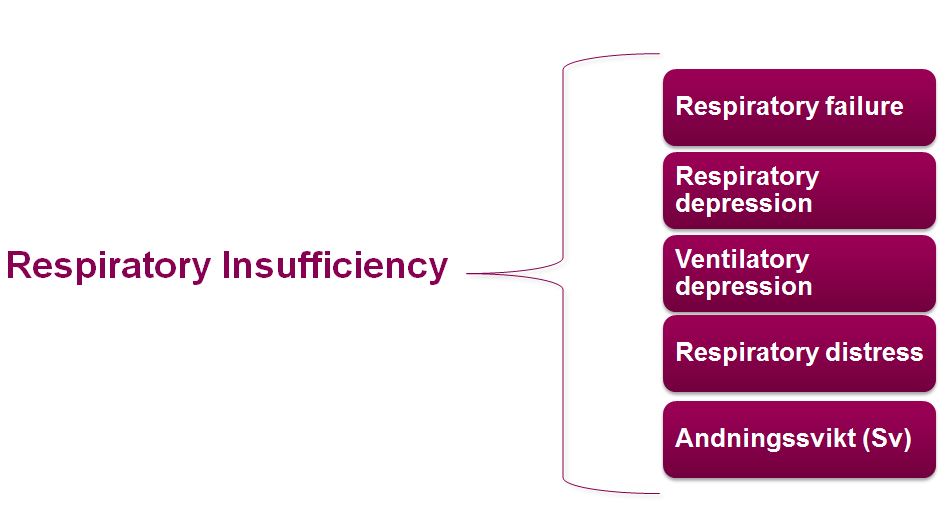Subject headings and free text
When you are searching a database you need to know if it has a list of subject headings or if you have to search with free text. On this page you will learn more about the difference between subject headings and free-text words and how to use them when you search.
Subject headings
Some databases have lists of subject headings (sometimes called controlled vocabulary or thesaurus). A subject heading is equivalent to a term and all its synonyms. This subject heading is used to tag all articles about a specific topic. Using subject headings enables you to find all articles about a subject regardless of what word the author has used to describe the topic.
The subject headings in a subject headings list are organised in a hierarchical structure. This structure can help you find more precise or broader terms in order to narrow down or widen your search. Many subject heading lists also use subheadings which you can use for more advanced searches. Examples of subheadings are diagnosis, therapy and genetics. This means that you could conduct a search for the subject heading diabetes mellitus type 2 with the subheading diagnosis.
If you want to find articles about respiratory failure you should start by checking if there is a subject heading for that in the database in which you are searching. In the database PubMed the list of subject headings is called MeSH (Medical Subject Headings). In MeSH, the subject heading for respiratory failure is respiratory insufficiency. The figure below illustrates how a subject heading is used for a specific term and its synonyms.

Many databases have functions where the database attempts to translate your search term into a subject heading used in the database. This is usually called mapping. In some databases, mapping to subject headings happens automatically while in others, you need to specifically select this help.
MeSH terms and CINAHL Headings
There are many different lists of subject headings. In the medical field, MeSH and CINAHL are the most commonly used. MeSH (Medical Subject Headings) is the subject heading list that has been created for the PubMed database, but it is also used in SveMed+ and The Cochrane Library. MeSH terms are also a good starting point for searching in other databases. In Svensk MeSH, the subject headings have been translated into Swedish. You can search with Swedish words and have them translated into English, and also with English words and have them translated into Swedish.
In CINAHL, the subject heading list is called CINAHL Headings. CINAHL Headings are based on MeSH terms but there are also many other healthcare-related terms.
Many other databases also have their own subject heading lists which may be called different things. If there is a subject heading list, it is a good idea to use it since it will help you to get more accurate results.
Learn more
- Tutorial on how to build your search in PubMed with MeSH terms - PubMed Tutorial MeSH Database
| Subject Headings |
| Headings |
| Thesaurus |
| Controlled terms |
| Controlled vocabulary |
Free-text searching
It is not always possible to find relevant terms in the subject headings list and some databases do not have subject headings, such as Web of Science and Google Scholar. In such cases, you have to construct a free-text search instead. When you do a free-text search, you will only find articles where the author has used the exact same terms that you are using in your search. This means that you need to consider synonyms, different spellings and grammatical forms such as singular-plural, adjectives and nouns if you want to find all the relevant articles.
When you conduct a search you search in all the information that is available in the database. In many cases that means title, abstract and sometimes other information such as author keywords. Please note that most databases do not contain all text from the articles (the full text) Two exceptions are Google Scholar and Cochrane Library where you can search for a term in the full article text.
- To find information on heart attack you might have to use words such as: heart attack, myocardial infarction, heart infarction, cardiac arrest
- To find information on overweight you might have to use words such as: obese, obesity, overweight
Learn more
- When you have found adequate search words for your research question the next step is to combine them in a search strategy. Learn more about that on the page about search techniques
If you would like us to get back to you, please submit your contact information in the form below along with your feeback.
